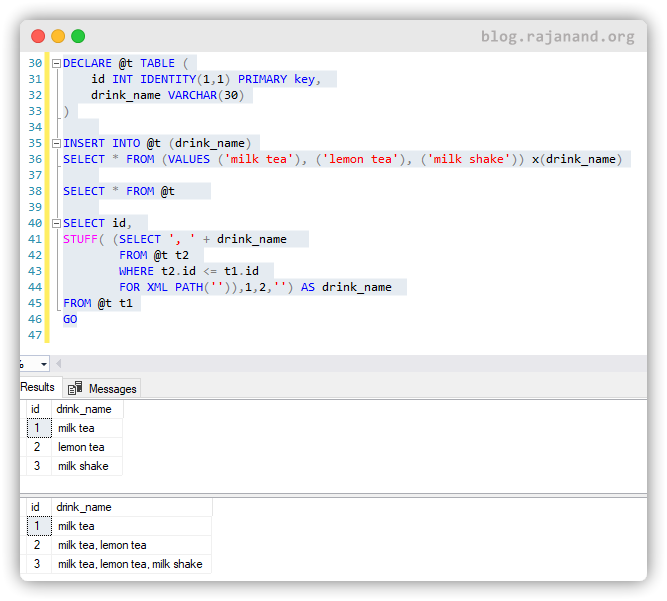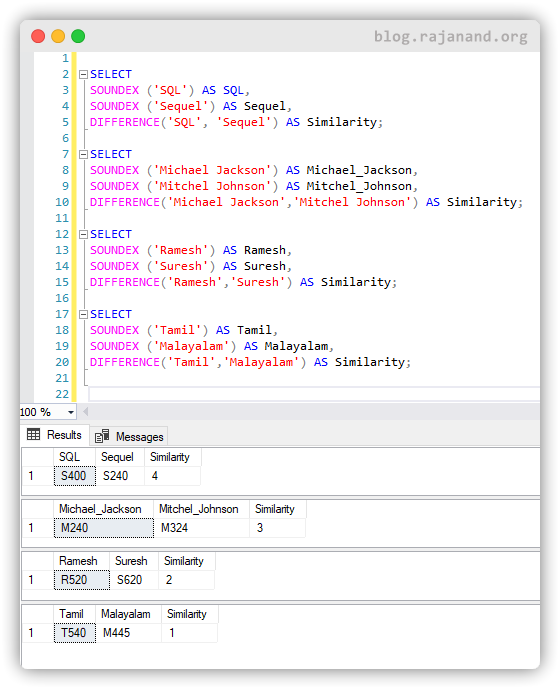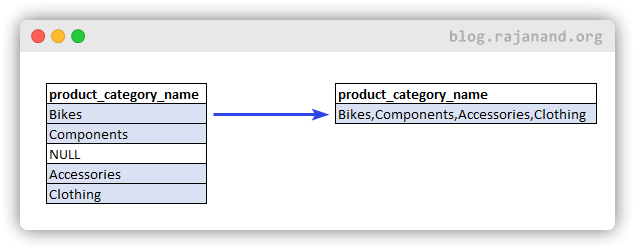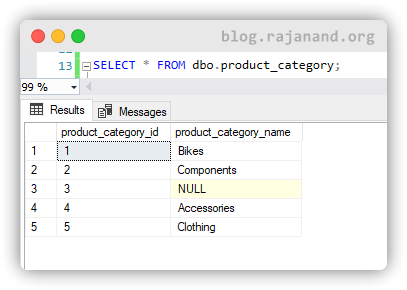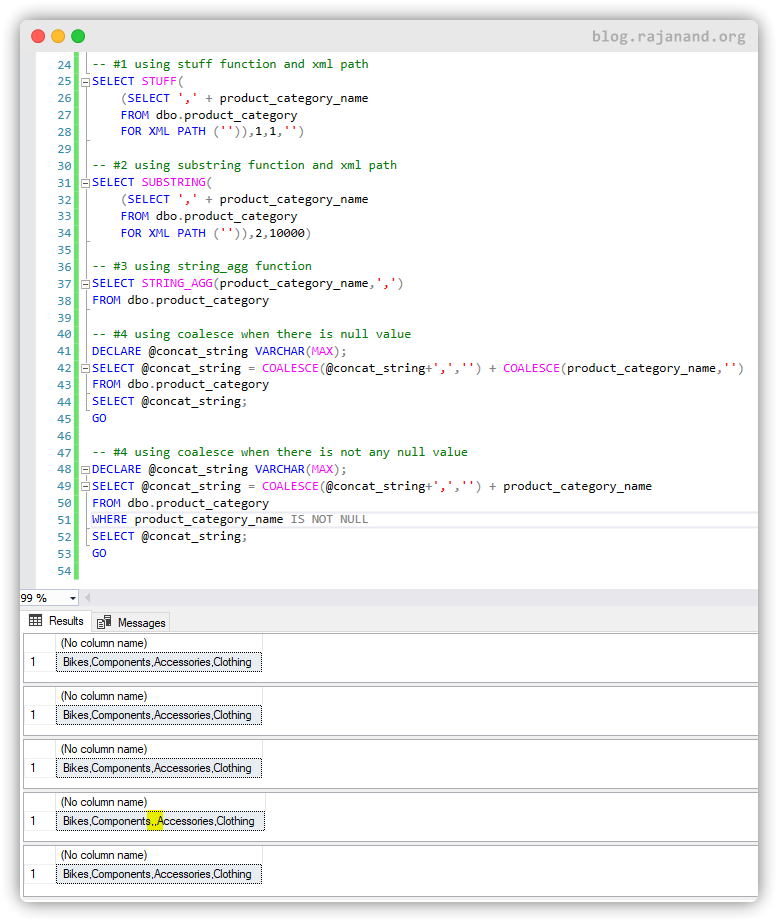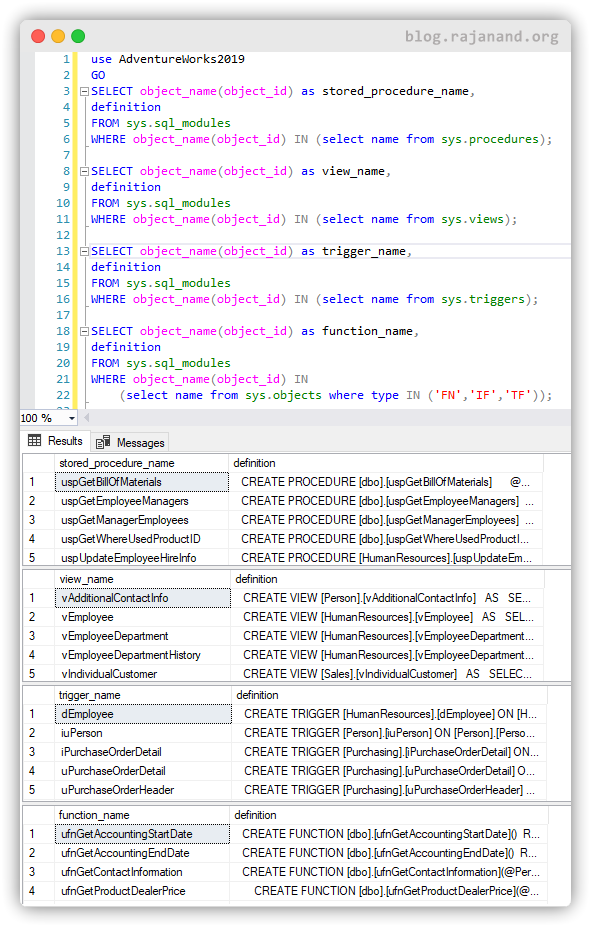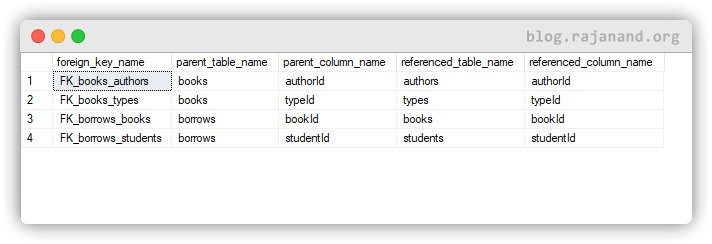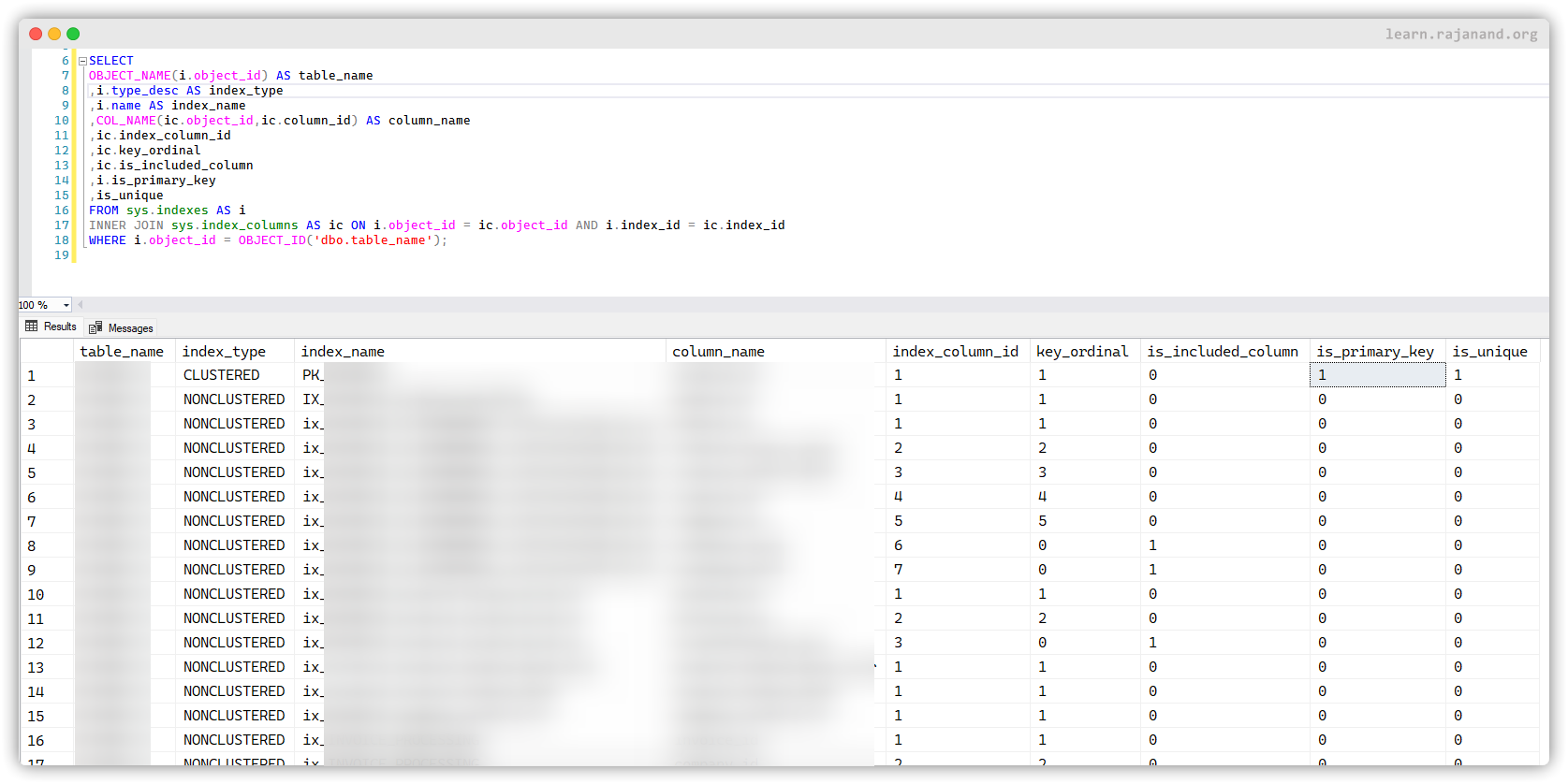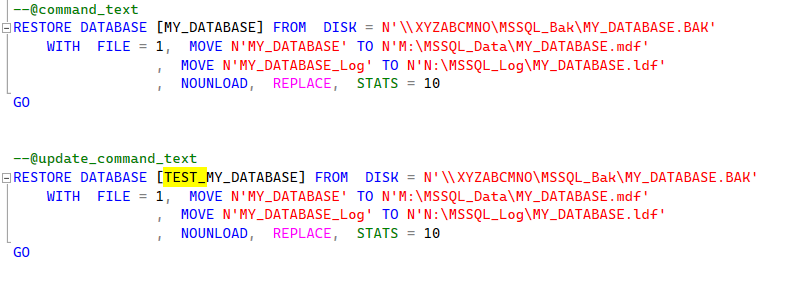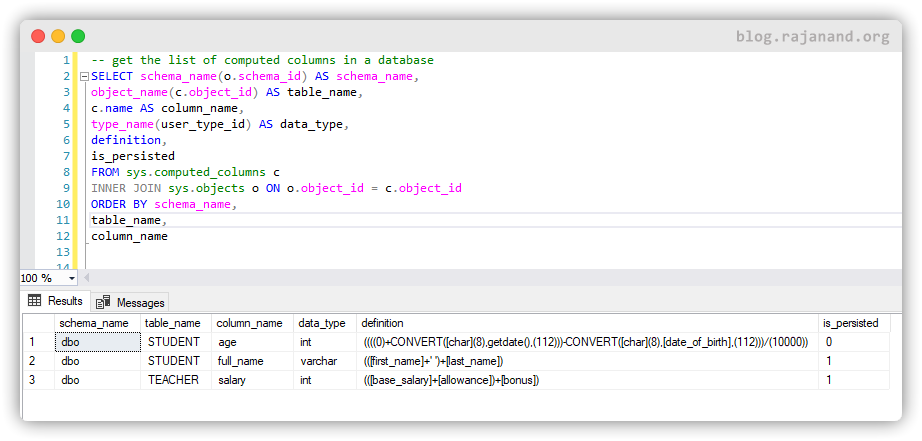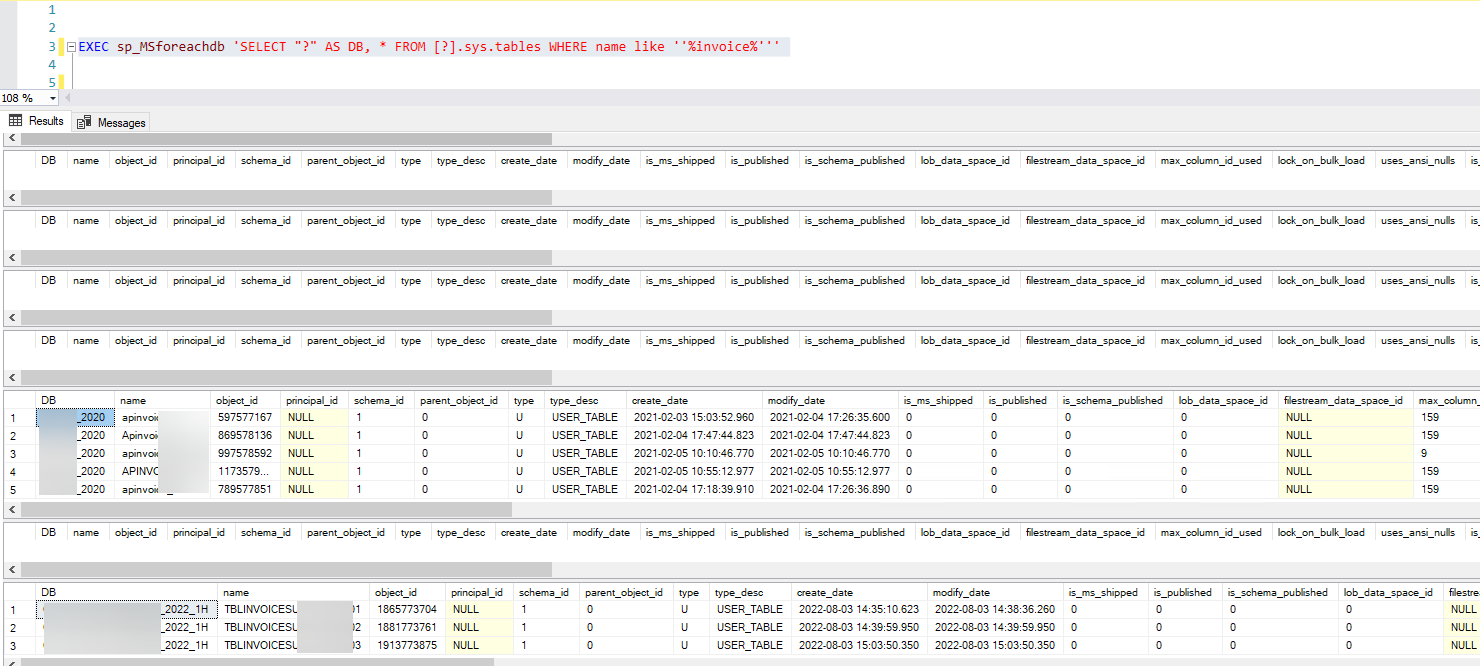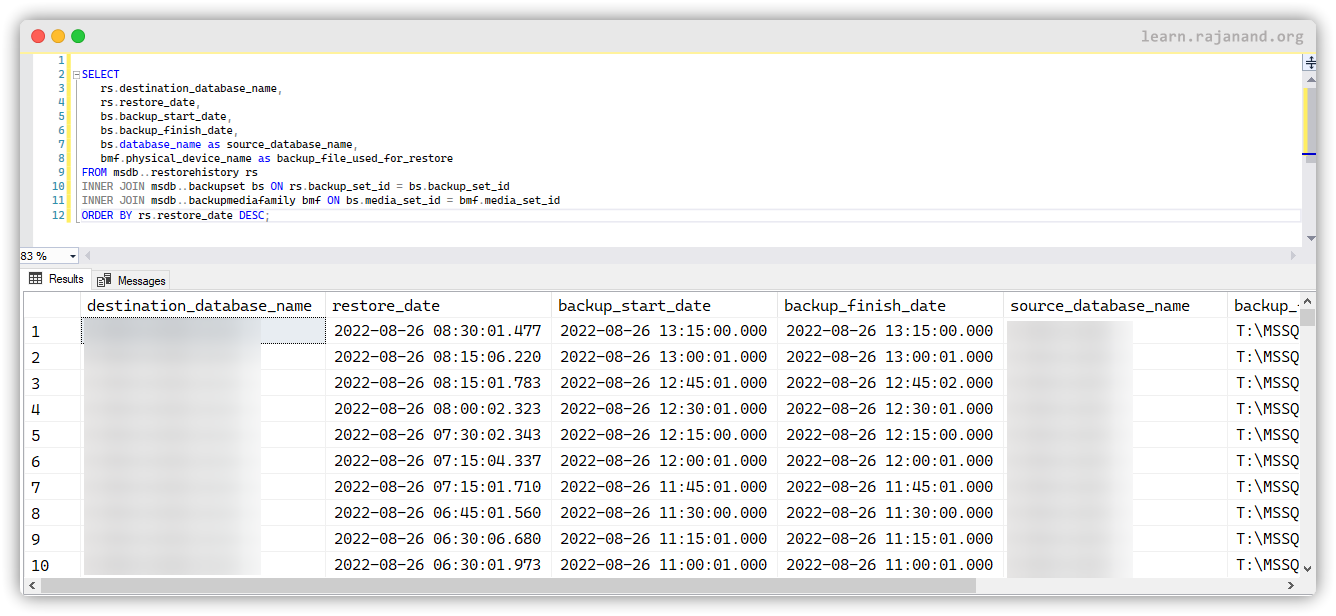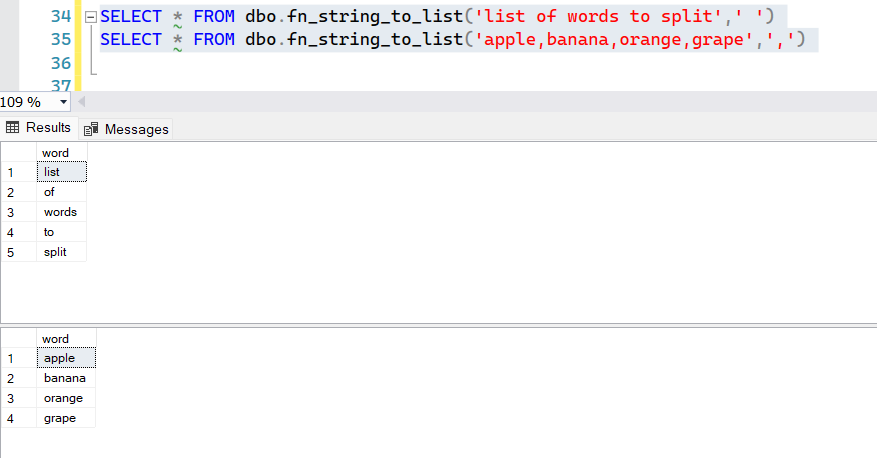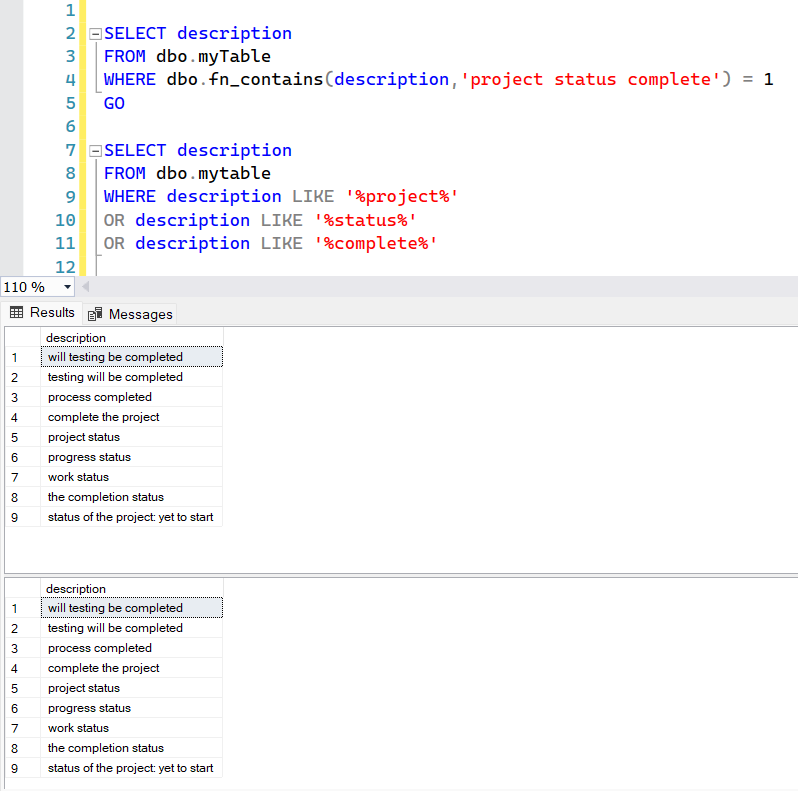USE msdb;
-- List out all the SQL agent job in that server with details about when it was last executed,last run duration and when it is scheduled to run next.
;WITH cte_1 AS (
SELECT
sj.name AS job_name,
sj.description AS job_description,
sj.enabled,
sh.step_name,
TRY_CAST(CAST(js.next_run_date AS NVARCHAR(20)) AS DATE) next_run_date,
STUFF(STUFF(RIGHT(REPLICATE('0', 6) + CAST(js.next_run_time as varchar(6)), 6), 3, 0, ':'), 6, 0, ':') next_run_time,
TRY_CAST(CAST(sh.run_date AS NVARCHAR(20)) AS DATE) last_run_date,
STUFF(STUFF(RIGHT(REPLICATE('0', 6) + CAST(sh.run_time as varchar(6)), 6), 3, 0, ':'), 6, 0, ':') last_run_time,
CASE WHEN sh.run_duration > 235959 THEN
CAST((CAST(LEFT(CAST(sh.run_duration AS VARCHAR), LEN(CAST(sh.run_duration AS VARCHAR)) - 4) AS INT) / 24) AS VARCHAR)
+ '.' + RIGHT('00' + CAST(CAST(LEFT(CAST(sh.run_duration AS VARCHAR), LEN(CAST(sh.run_duration AS VARCHAR)) - 4) AS INT) % 24 AS VARCHAR), 2)
+ ':' + STUFF(CAST(RIGHT(CAST(sh.run_duration AS VARCHAR), 4) AS VARCHAR(6)), 3, 0, ':')
ELSE STUFF(STUFF(RIGHT(REPLICATE('0', 6) + CAST(sh.run_duration AS VARCHAR(6)), 6), 3, 0, ':'), 6, 0, ':')
END AS last_run_duration
FROM msdb.dbo.sysjobs sj
INNER JOIN msdb.dbo.sysjobhistory sh ON sj.job_id = sh.job_id
LEFT JOIN msdb.dbo.sysjobschedules AS js ON sj.job_id = js.job_id
WHERE sh.step_name = '(Job outcome)'
), cte_2 AS (
SELECT
job_name,
job_description,
enabled,
DATEADD(ms, DATEDIFF(ms, '00:00:00', last_run_time ), CONVERT(DATETIME, last_run_date)) AS last_run_datetime,
last_run_duration,
DATEADD(ms, DATEDIFF(ms, '00:00:00', next_run_time ), CONVERT(DATETIME, next_run_date)) AS next_run_datetime
FROM cte_1
), cte_3 AS (
SELECT
job_name,
job_description,
enabled,
last_run_datetime,
last_run_duration,
next_run_datetime,
rownum = DENSE_RANK() OVER(PARTITION BY job_name ORDER BY last_run_datetime DESC)
from cte_2
)
SELECT
job_name,
job_description,
enabled,
last_run_datetime,
last_run_duration,
next_run_datetime
FROM cte_3
WHERE rownum = 1
ORDER BY last_run_datetime DESC,
job_name ASC
GO
